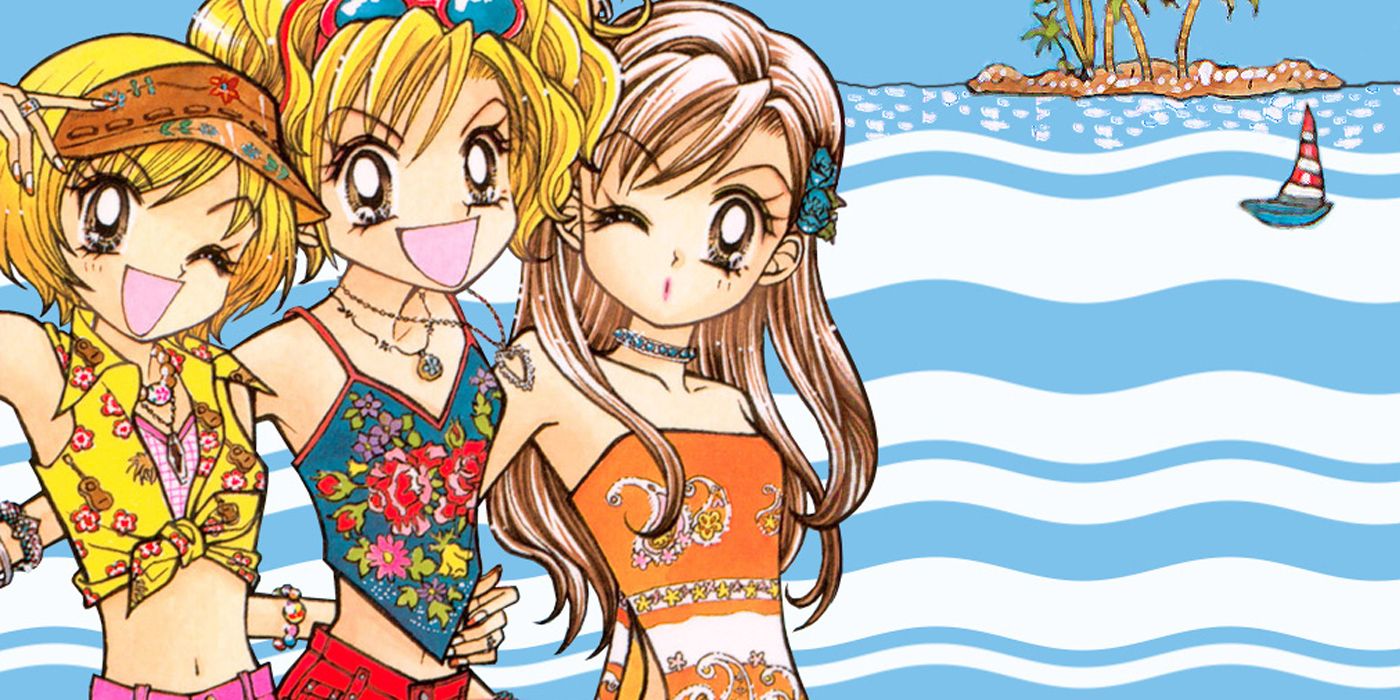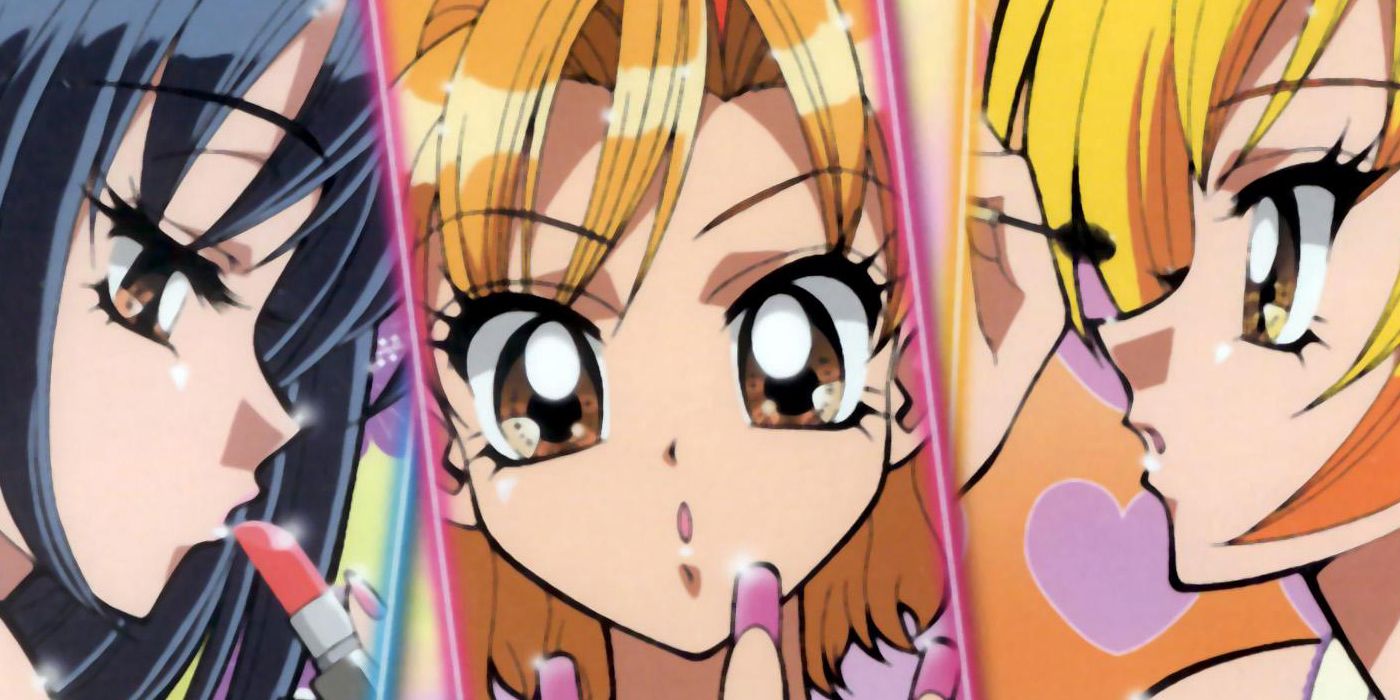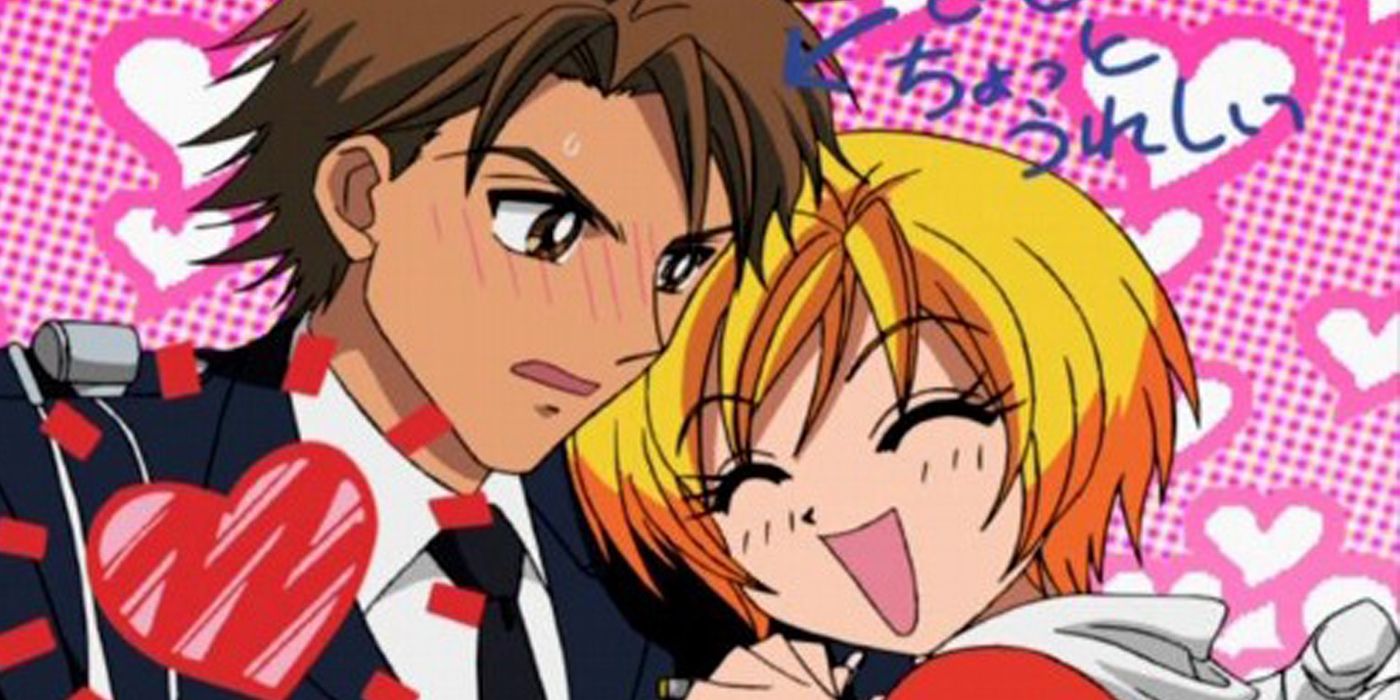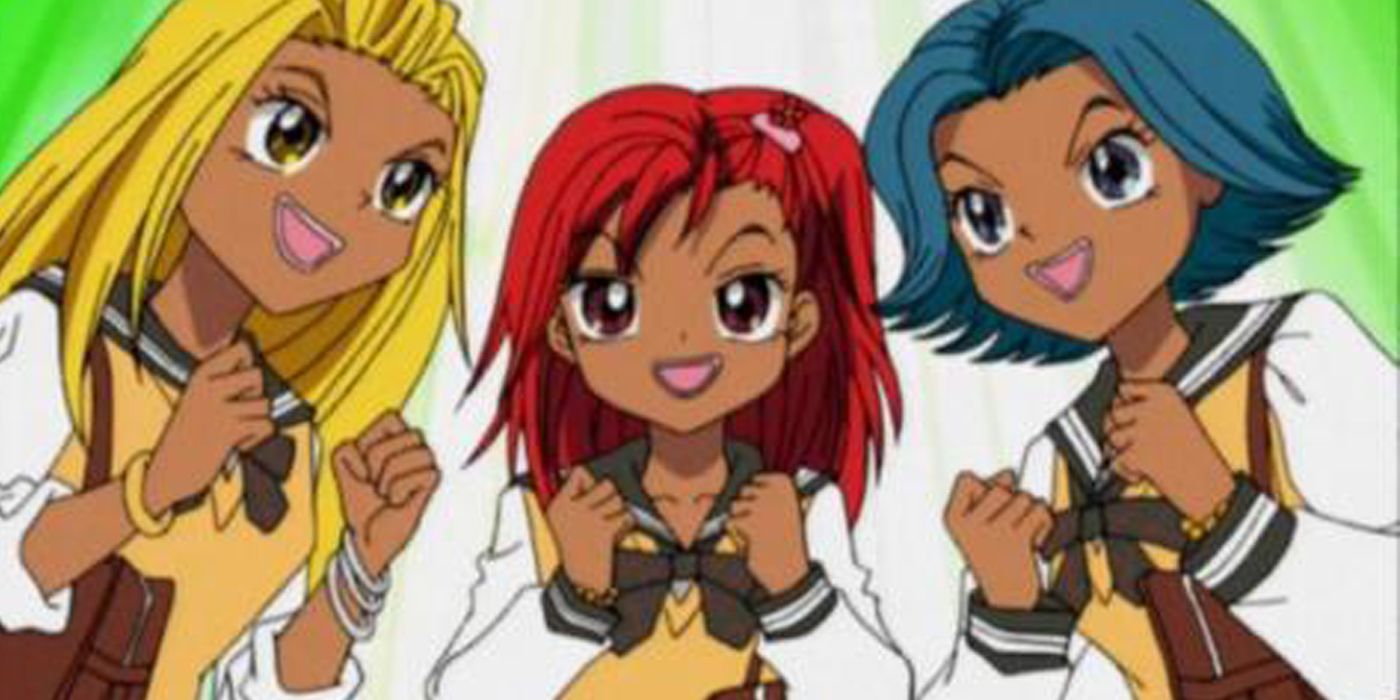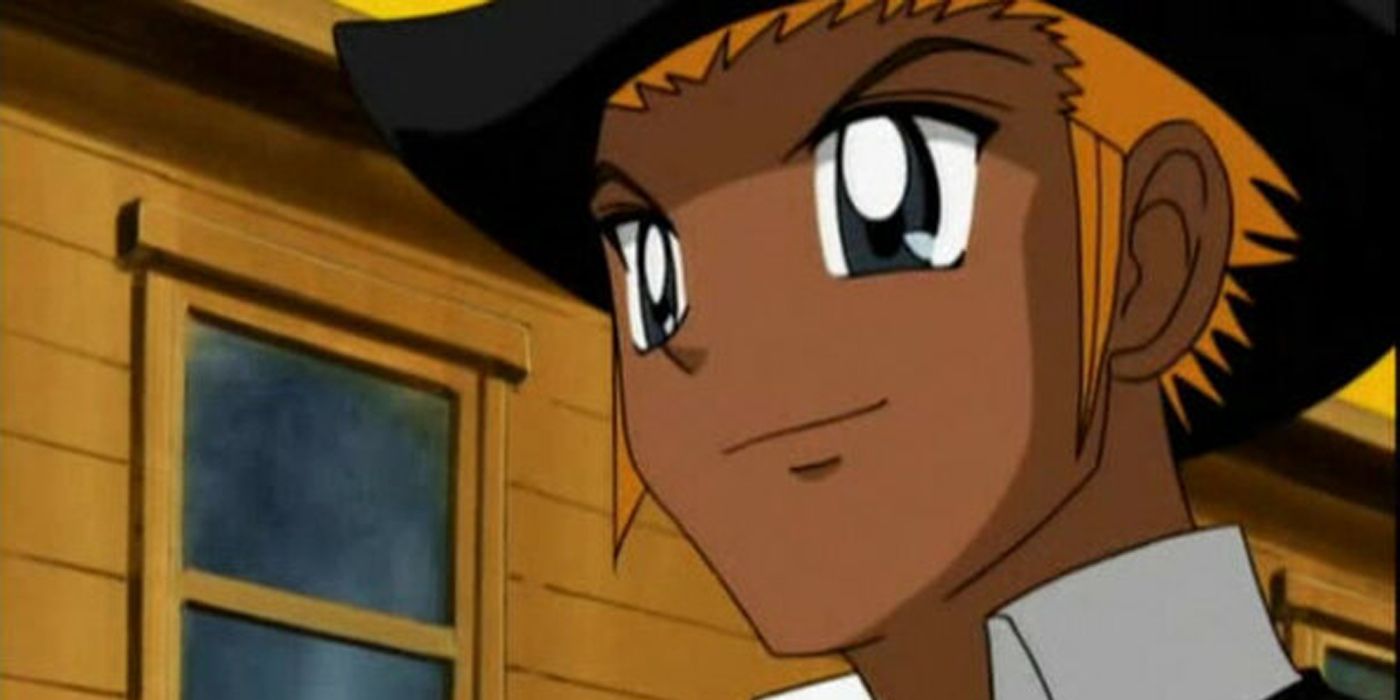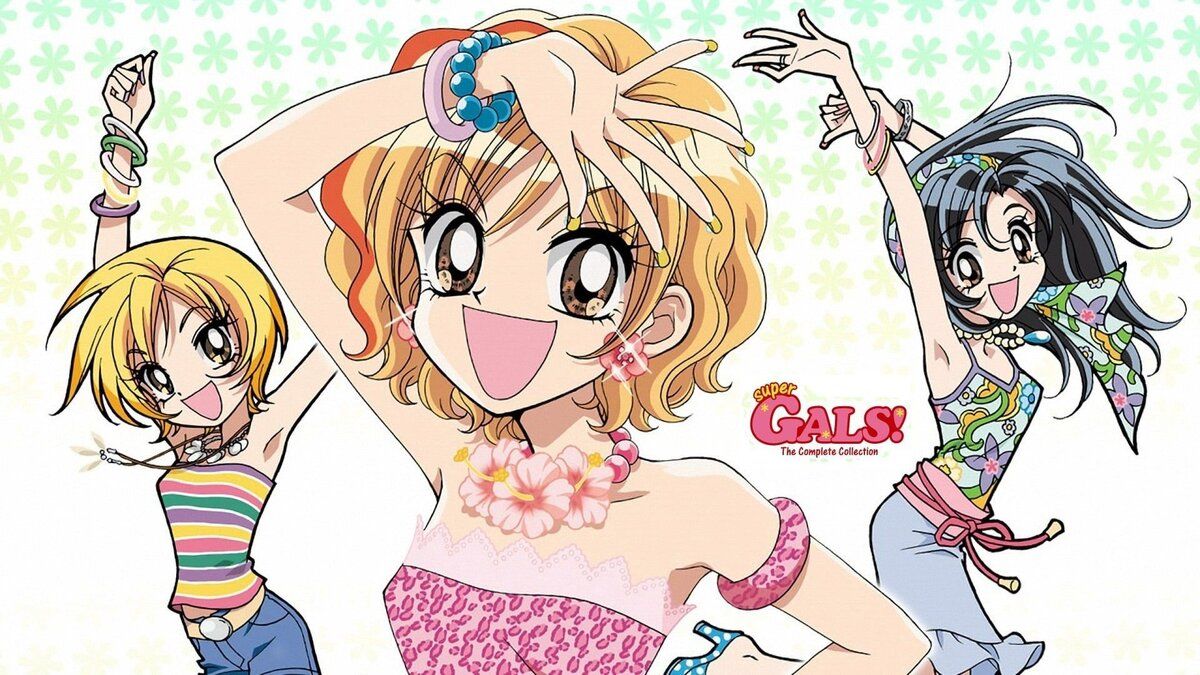Super GALS! is a shojo anime originally released in 2001 by Studio Pierrot. It ran for a year, accumulating fifty-two total episodes. The manga ran until May 2002, however, it was recently announced in 2019 the series would receive a sequel.
The anime was relatively popular after it was first released, believed by many to be a quintessential shojo series of the early 2000s. Despite its popularity, the series never received a proper conclusion. With reboots for popular 2000s anime being more common, one would think that a reboot could potentially be in the works. However, Super GAL's humor is very outdated, making the series nearly impossible to reboot. Here are some of the reasons why.
What is Super GALS! About?
Super GALS! takes place in Shibuya during the boom of gyaru or "GAL" culture. It stars Ran Kotobuki, a high school student that sees herself as the pinnacle "GAL" model. Joined by her two best friends, she goes around Shibuya causing mischief and showing the world what being a true GAL is all about.
It's a light-hearted comedy that embodies the Japanese trends of the late 90s and early 2000s, from dance crazes to fashion styles, and while it's very much outdated by today's standards, many who grew up during this time period may still find some nostalgic charm in this classic shojo series.
A Look At The More Problematic Aspects Starting With an Age-Gap Romance
One of Ran's best friends, Miyu, is dating Ran's older brother, Yamato. This is problematic because Ran's older brother is a full-grown adult -- nine years Miyu's senior. They first met when Miyu was in middle school and Yamato was a rookie cop when the latter was the active leader of a violent gang. But thanks to Yamato's kindness, she eventually developed feelings for him and decides to turn over a new leaf.
In most western countries, romances between adults and minors are illegal, so the relationship raised eyebrows in the early 2000s. While western audiences these days are less willing to just raise an eyebrow and more likely to write an essay long thread on Twitter on why such a relationship is problematic.
If the show were to be rebooted, Yamato and Miyu's romantic relationship would have to be completely rewritten to avoid this, either by making Yamato closer to Miyu's age, making Miyu's crush one-sided, or just completely removing their romantic relationship.
Ganguro and its Association to Blackface
Among the many rivals that Ran faces on the streets of Shibuya is a trio of dark-skinned girls known collectively as the "Kuro Gyaru Trio" or "Ganguro Trio". Ganguro refers to a popular trend among teenage Japanese girls that first started in the late 90s, around the time that the Super GALS! manga first entered serialization.
Girls would heavily tan themselves and apply a large amount of makeup to contrast against their dark, tanned skin. It has fallen out of trend in recent years, much like gyaru culture as a whole. In the west, the subculture has negative connotations as many find it too similar to the act of blackface.
As with most Japanese girls, the Ganguro Trio actually have fair skin, with their brown skin color being purely artificial. In the show's obligatory swimming pool episode, the trio decide to change their image and abandon their "ganguro style", which in this case means reverting to their naturally fair skin. Reason being, they want boyfriends, and they think that having dark skin is the main cause for their perpetual single status.
The idea that dark skin isn't attractive is further driven by the new nickname Ran and her friends give the trio during this semi-rebirth: "The Beautiful White Skin Trio". Ran also tends to insult the girls for their skin color, often comparing them to monkeys. In a modern reboot of Super GALS!, this trio would likely have to be either completely abandoned out or go through a major redesign to avoid any further controversy.
A Dark-Skinned Character Being Constantly Compared to a Monkey
Introduced at the midway point of the series is Tatsuki, a hyperactive teenage boy that eventually becomes Ran's main love interest. Tatsuki brought with him some narrative twists that weren't expected of the genre at the time.
A love interest that's introduced later on rather than from the get-go, a relationship dynamic with the main heroine that can best be summed up as two airheads that share a single brain cell -- something rather uncommon for early 2000s shojo, and most of all, a rare portrayal of a naturally dark-skinned Japanese character.
Tatsuki is a silly guy and often finds himself being compared to monkeys, even sometimes muttering monkey sounds. It's mostly treated as a harmless joke, but the comparison to a monkey raises some red flags, especially since it's towards a dark skinned character.
Notably, some of the more antagonistic characters use the comparison as an insult and even the jokes from Tatsuki's friends can come off as incredibly mean-spirited.
It's really a shame that he gets treated like this because Tatsuki's inclusion in the main cast would have been considered one of the highest points in the series otherwise. Unlike the other two examples, the issue surrounding Tatsuki can be resolved much more easily without having to do any major rewrites. Just throw away all the monkey-related jokes. That's it -- Tatsuki is a likable and inoffensive character, otherwise.
A lot of shows from the early 2000s haven't aged well, and Super GALS! happens to be one of them. What was tolerated before can no longer be tolerated now, and often for good reason. If Super GALS! eventually gets picked up for a reboot by some miracle, it will hopefully rid itself of its more problematic topics.

